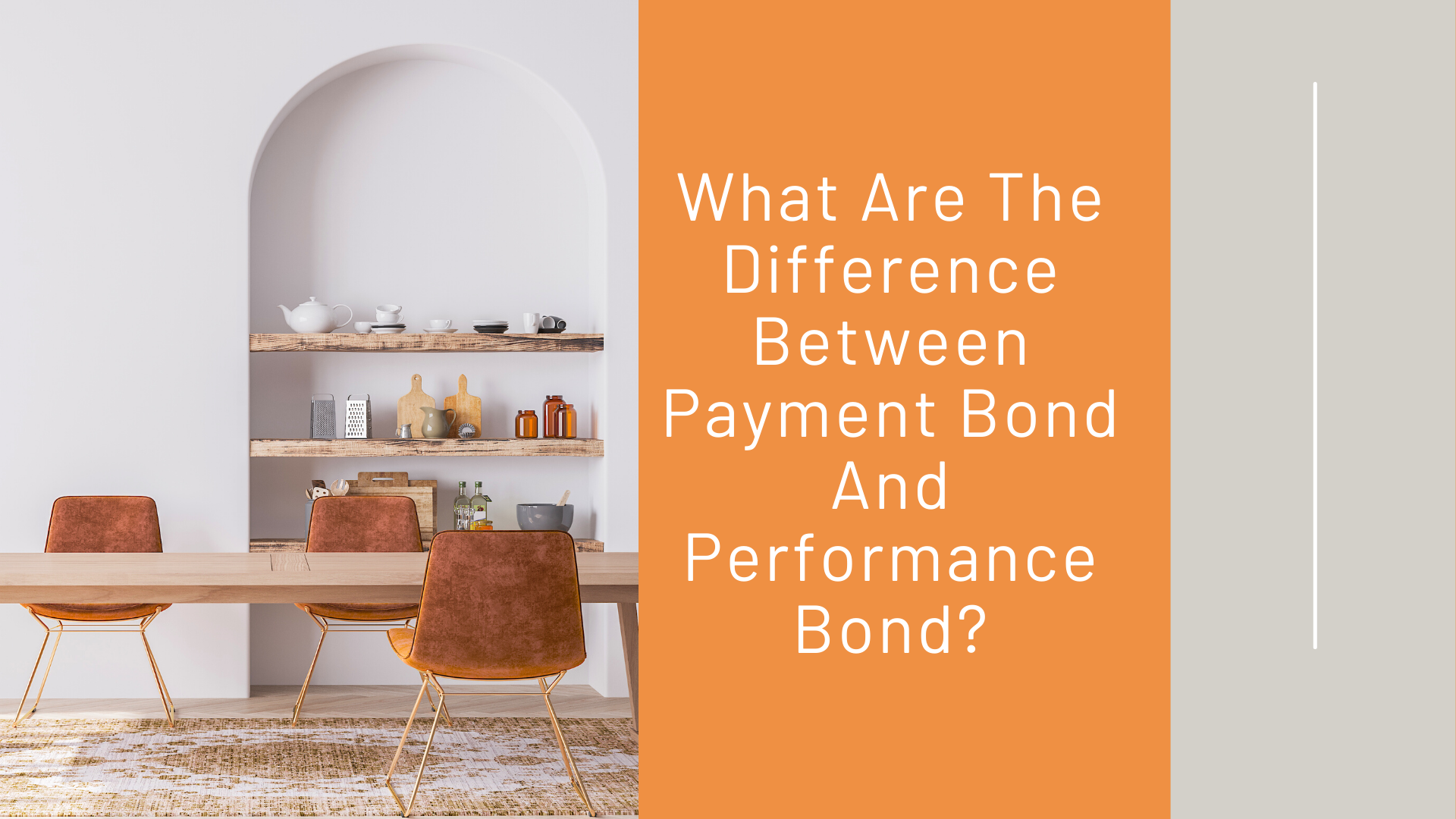What is the difference between a payment bond and a performance bond?
A payment bond is a type of surety bond that guarantees that the contractor will make payments for labor and materials. A performance bond, on the other hand, guarantees the contractor’s completion of the project according to the agreed-upon specifications. In most cases, a company will need both a payment bond and a performance bond to bid on a government contract.
The main difference between a payment bond and a performance bond is that a payment bond guarantees that the contractor will make payments for labor and materials, while a performance bond guarantees the contractor’s completion of the project according to the agreed-upon specifications.
Both types of bonds are important for companies bidding on government contracts. A payment bond helps ensure that contractors will pay their suppliers and employees, while a performance bond guarantees that the project will be completed according to the agreed-upon specifications.
What is a payment bond?
A payment bond is a type of surety bond that is used to ensure that contractors are paid for the work they have done. The bond is usually issued by a bonding company and guarantees that the contractor will be paid even if the customer fails to make payment. Payment bonds are commonly used in the construction industry but can be used in other industries as well.
There are several types of payment bonds, but the most common is the performance bond. This bond guarantees that the contractor will complete the work as specified in the contract. If the contractor fails to perform, the bonding company will pay for any damages that may occur.
A payment bond is a valuable tool for contractors and can help protect them from financial losses if a customer fails to make payment. It can also help ensure that projects are completed on time and within budget. If you’re considering working with a contractor, be sure to ask for a copy of their payment bond to ensure that you’re protected in case of any problems.
Who can use payment bonds?
A payment bond is a financial guarantee that pays workers and suppliers if a contractor fails to do so. The bond is typically issued by a third party, such as an insurance company, and guarantees the project owner that the contractor will pay its workers and suppliers. Payment bonds are usually required for public projects, such as roads or bridges, but they can also be used for private projects. Contractors must meet certain criteria in order to qualify for a payment bond, such as having a good credit rating and experience in the construction industry.
So who can use payment bonds? Basically, anyone who wants to ensure that their contractors will pay their workers and suppliers. This includes public entities like state governments and municipalities, as well as private companies and individuals. The key is finding a reputable bonding company that you can trust to provide a financial guarantee.
What is a performance bond?
A performance bond is a guarantee that a contractor will complete their work in accordance with the agreed-upon specifications. The bond is usually issued by a bonding company, and the contractor pays a fee to the company in order to obtain the bond. In the event that the contractor fails to meet their obligations, the bonding company will step in and finish the work. This protects both the contractor and the customer from any potential financial losses.
A performance bond is often required for construction projects, but can also be used in other industries. The bond guarantees that the contractor will meet the agreed-upon standards, and can be a valuable tool for protecting both the customer and the contractor. If you’re considering hiring a contractor, be sure to ask if they have a performance bond in place. This can help protect you from any potential problems down the road.
Who can use performance bonds?
Performance bonds are often used in the construction industry, but what about other industries? Who can use performance bonds and what are the benefits?
In general, a performance bond is a type of insurance policy that guarantees that a contractor will complete a project according to the terms of the contract. The bond issuer, usually an insurance company, agrees to pay the contractor’s customer if the contractor fails to meet the contract requirements.
Performance bonds are not just for the construction industry. They can be used in any industry where a contractor might fail to meet their contractual obligations. For example, a performance bond could be used in the foodservice industry to guarantee that a restaurant will deliver on its menu items.
There are several benefits of using a performance bond. First, it provides peace of mind for the customer. Second, a performance bond can help protect the reputation of a business. Third, a performance bond can help a business save money.
Overall, performance bonds are an important tool for businesses that want to ensure that their projects are completed on time and within budget. They provide peace of mind for customers and protect the reputation of businesses. They can also save businesses money in the event of a contractor failure.
Check us out to know more!
